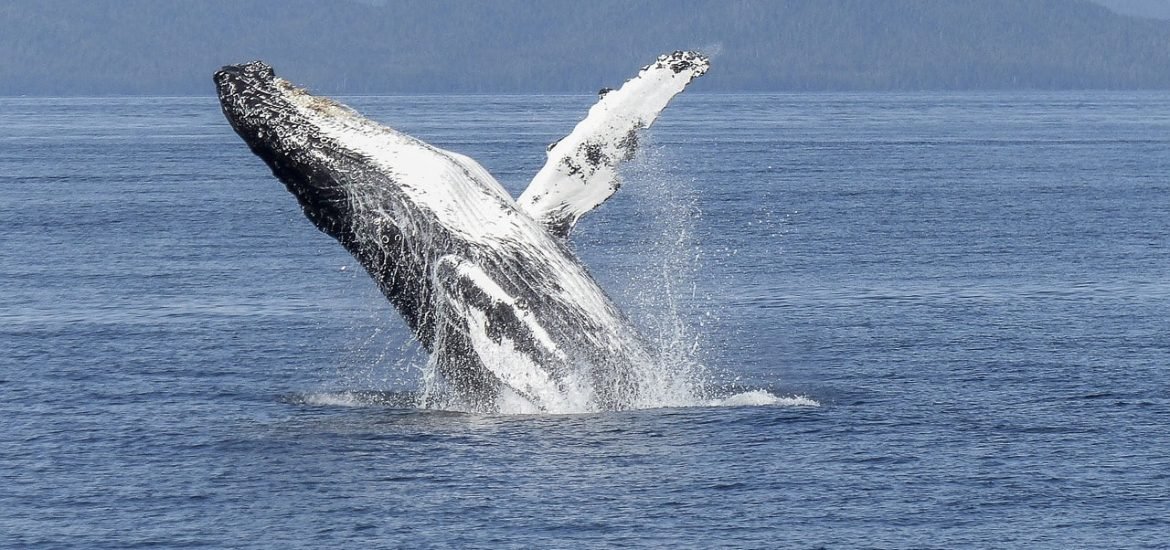
A musician and an economist from Cambridge, UK, developed a musical way to highlight biodiversity loss and climate change.
Knowing how human activities are “silencing” nature, Dr. Matthew Agarwala decided to use sound and music to convey an important message about biodiversity loss and help listeners understand what needs to be done to protect the environment.
The researcher collaborated with music composer Dr. Ewan Campbell to link a piece of classical music called ‘Hebrides Overture’ by Mendelssohn with the North Atlantic Humpback Whale. Mendelssohn’s original music captures the beauty and vitality of the sea just before the introduction of industrial fishing.
The authors picked this piece because the roughly 30,000 notes in the original music sheet are approximately the number of Humpback Whales living in the sea in 1829 when the piece was written. Sadly, the extensive commercial whaling caused a serious decline in the whale population, and by 1920, two-thirds of the whales were gone.
Dr. Campbell divided Mendelssohn’s music sheet into decades, then removed notes in proportion to the decline of the whale population as the music — and time—progressed. The resulting piece — called Hebrides Redacted — seems to really help audiences grasp the concept of biodiversity loss over time.
To complement the musical piece, a short film will be released online on Friday, 14th October, as part of the Cambridge Zero Climate Change Festival 2022. In the film, the music was performed by a 38-piece Wilderness Orchestra during the August Wilderness Festival in Oxfordshire, UK, conducted by Dr. Campbell and narrated by Dr. Agarwala. The audience received a standing ovation.
“It really was an uninitiated audience at the Wilderness Festival – people were there for a good time, not to be told that the world is falling apart through the medium of music from the 19th century. But somehow it worked,” said Dr. Campbell, Director of Music at Churchill College and Murray Edwards College, Cambridge.
“Over the past century, we have seen nearly a million species pushed to the brink of extinction – nature is going quiet,” added Dr. Agarwala, an Economist at the University of Cambridge’s Bennett Institute for Public Policy. “Researchers – including me – have been sounding the alarm about the consequences of biodiversity loss for a long time, but the message isn’t landing. Music is visceral and emotional and grabs people’s attention in ways that scientific papers just can’t.”
Crucially, the piece doesn’t just fizzle out at the end. To emphasise how policies to protect these animals could be beneficial, the last part of the piece looks into the future, allowing for an 8% rise in the whale population every decade. In practical terms, this includes marine protected areas, reduced freight in sensitive areas, and controlled ocean pollution. “We can see when the oceans are better managed, whale populations can start to rebound,” said Dr. Agarwala.
“At its nadir, the score is thin and fragmented, with isolated notes reaching for a tune that is only partially present. But even in the face of devastating destruction, nature is resilient and always beautiful, and so even when two-thirds of the music is absent, there’s still a delicate beauty, though a pale imitation of its once dramatic glory,” said Campbell. “Redaction is a word normally associated with censorship and silencing history. I find it really apt for this piece of music – we’re showing how human activities have silenced nature.”